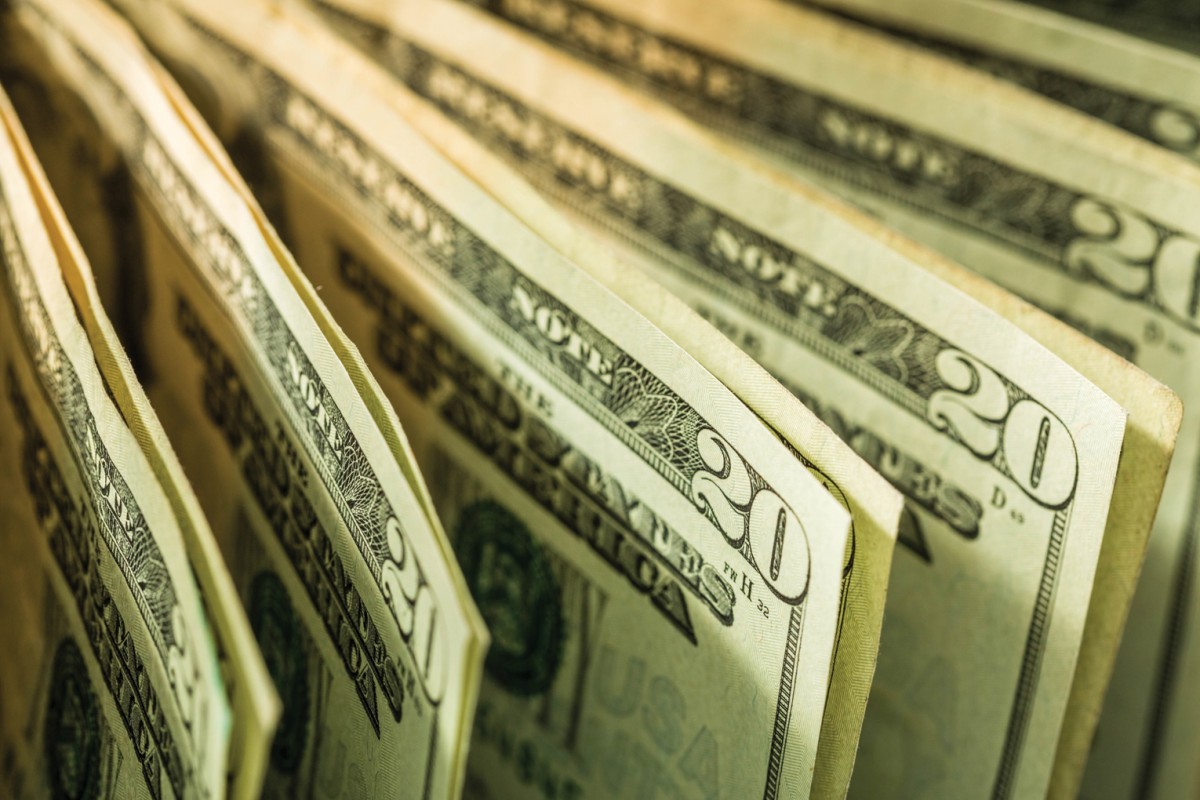MORGANTOWN — According to an estimate from the West Virginia Tax Office, a 1 percent municipal sales tax would generate between $5 million and $6 million annually for the City of Morgantown.
While it has yet to do so, Morgantown was granted the authority to implement such a tax as part of its original Home Rule application, approved in 2014.
Now the window to get such a tax in place could be closing.
Without action from the Legislature, the state’s Home Rule Pilot Program, which began in 2007, will end on June 30. The program allows participating cities to operate outside state code to address specific issues.
Morgantown is the largest city in West Virginia without a sales tax, which, Finance Director Jim Goff said, provides consistent revenue based on data compiled over eight quarters from eight peer cities.
In one year starting Oct. 1, 2016, Clarksburg generated just over $4.1 million. In the following 12 months, starting Oct. 1, 2017, the city collected just over $4.2 million. Over that same two year period, Charleston generated roughly $14.9 million each year.
“What you see is there’s a lot of consistency from quarter to quarter. Then again, on the annual numbers, they’re very comparable year over year,” Goff said. “I think it’s interesting to see that.”
If the city were to implement a sales tax, the Home Rule program mandates that it come with reductions in business & occupation privilege taxes — meaning non-construction B&O taxes.
Those taxes fall into a number of categories, including: Amusement, banking, contracting, manufacturing, public service utility, rental, retail, service and wholesale.
Morgantown’s rates in each category are currently the maximum allowed by the state.
“There’s no specific requirement as far as how much or what you reduce … It varies from city to city. Of the eight cities, six of them lowered or eliminated the manufacturing tax. The other common one was retail, reduced anywhere from 10 to 20 percent,” Goff said. “Charleston was the interesting one. They eliminated the manufacturing, but did nothing else. They’re at the max on everything else while Wheeling actually changed six of the nine categories.”
City Attorney Ryan Simonton said council needs to be cautious in considering B&O adjustments as any reductions made in conjunction with the implementation of a sales tax through Home Rule would likely be permanent.
“It’s not required to offset the increase in revenue, otherwise communities wouldn’t do it, but when you do that through the Home Rule program, that reduction is sort of cast in stone, so they can’t raise those rates back up …” Simonton said. “So [City Manager] Paul [Brake] brings up a very good point about being conservative in implementing this.”
Brake said Morgantown can learn from the experiences of cities like Parkersburg, which generates around $6 million annually through sales taxes.
“There are lessons learned in that they kind of cut too deep in the reductions they made,” Brake said. “There is some advantage to us being last. What we don’t want to do is put ourselves in a position where we hurt ourselves and can’t take care of the things that we need to do.”
Goff said Parkersburg reduced its B&O taxes in retail by 44 percent, rentals by 20 percent, service by 10 percent and eliminated B&O taxes on manufacturing.
If taken up and adopted, the tax wouldn’t go into affect until July 1, 2020.
Brake said council may want to consider when it takes up implementation of such a tax.
“Another consideration is that maybe you hold off on even adopting that sales tax so this doesn’t become too amplified, and maybe it’s a case that we wait until May to implement the sales tax, if you follow my drift on that,” Brake said.
Morgantown’s city council election is in April.
Tweet @DominionPostWV.




